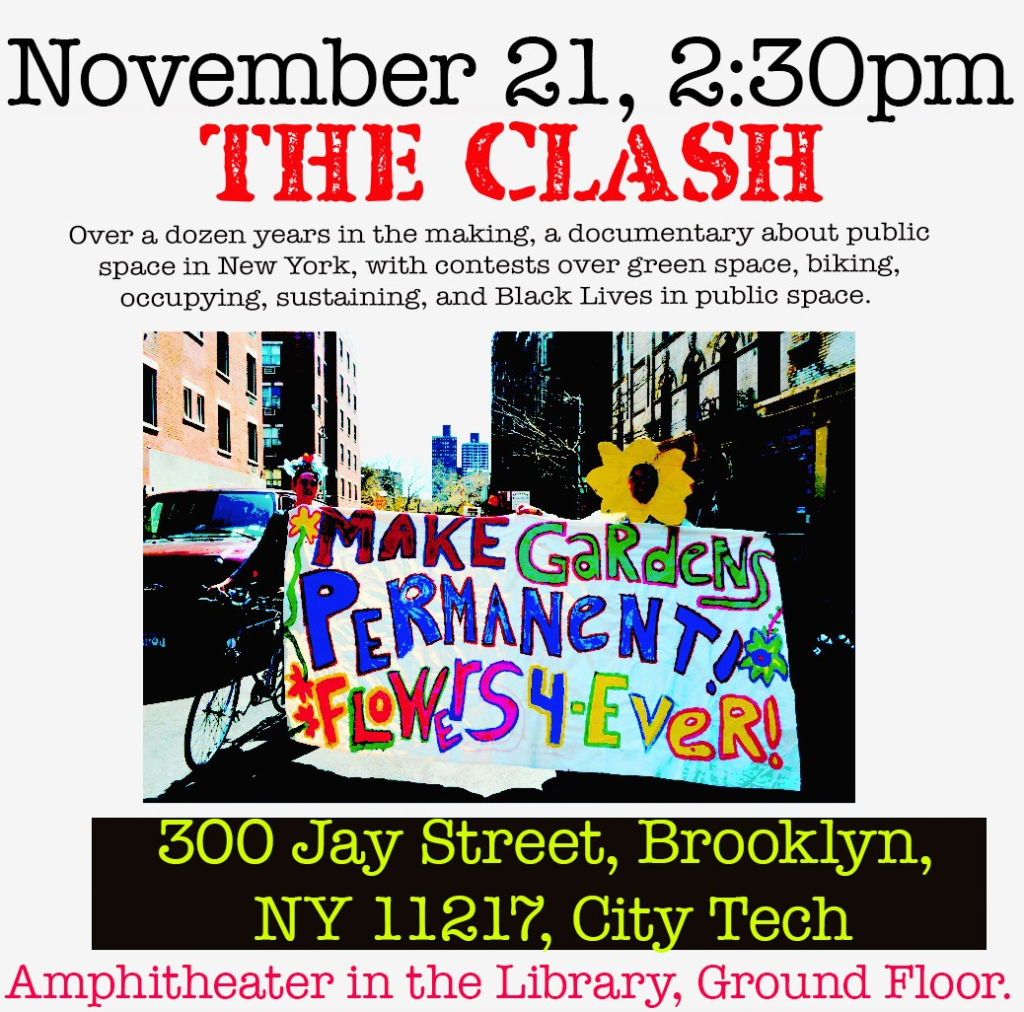Journalism Students:
Last week, I introduced the topic of free speech and the First Amendment. In times of war, this right gets fully tested as I’m sure you are all noticing by media coverage of the many protests across college campuses, the country, and the globe right now. The danger to journalists is also at an all-time high (many are being targeted) and the challenges of properly and fairly reporting on events are many.
For this week, I ask you to read the views of two important journalists and review the OpDoc section of the NYTimes, in preparation for your own upcoming OpEd assignment.
The OpEd, which stands for “opposite the editorial page,” is a short piece of writing typically published by a newspaper, which expresses the opinion of an author not affiliated with the publication’s editorial board. This genre was invented by the New York Times in 1970 and has been a mainstay of most newspapers ever since. Recently, the Times announced it would now call opinion pieces “Guest Essays” (largely due to the fact that papers are now mostly on-line – i.e. not “opposite” another piece of writing on paper).
The New York Times also now has an Video Op Section.
The separation of opinion from the news is also part of the “professionalization” of the news that the New York Times also helped develop. Since the early 1900s, professional reporters have been asked to be “neutral” and “unbiased” when covering stories. Today, many in the mainstream media (PBS, NBC News, CNN, etc.) prize neutrality over virtually all other values. Being “neutral” means giving equal credence, focus, and criticism for all sides of an argument, without passing judgment as to the validity of the argument. The “neutral” reporter simply reports what the different sides of a debate assert but does not take a position.
In 2019, Lewis Raven Wallace (in his book The View From Somewhere ) was one of the first reporters to criticize what he calls “the myth of journalistic objectivity.”
To learn why, read his Op-Ed “Objectivity is Dead, and I’m Okay With It”
Also in 2019, Nikole Hannah-Jones created an innovative and important long-form journalism endeavor called The 1619 Project. The project, which appeared in the New York Times Magazine, focused on the long legacy of slavery and racism in this country starting at the founding of the US (the first enslaved people arrived to Virginia Colony in 1619). The project offered a radical new way of learning about (and teaching) history but continues to face opposition from those on the right. Without a doubt, Hannah-Jones used great courage and talent to express her beliefs, making quite an impact on the study of history today.
Listen to her Podcast “The Fight for a True Democracy”: HERE
POST ASSIGNMENT: In a paragraph or two, briefly summarize and respond to Wallace’s essay, Hannah-Jones’ podcast, or a recent OpDoc from the NYTimes.
Also start thinking about a topic you might want to discuss in your OpEd. The topic does not have to be a political one but can be on an issue you find interesting and worth debating (should the New York Knicks trade for a big star, for example). Please run your topic by me before you start on it, however. Send me an email (mnoonan@citytech.cuny.edu) or join me for zoom office hours.
Post (and OpEd topic) due: Wed., Nov. 1





Recent Comments